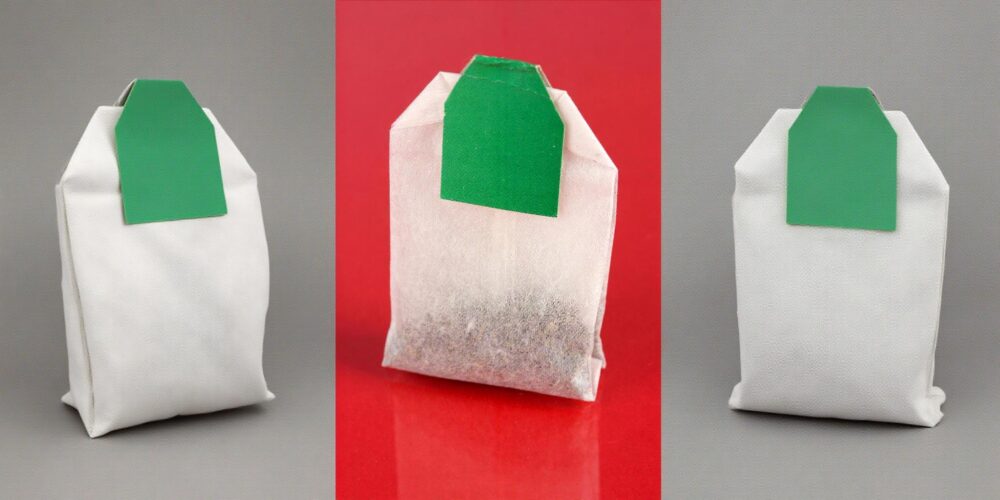FACT CHECK: Does cracking your knuckles every day cause arthritis?
A nervous tick, a concentration aid, a sensory relief, or just a habit- many of us crack our knuckles often. But does it cause arthritis?
Author
Author
- admin / 4 months

- 0
- 4 min read

Author
CLAIM:
Cracking your knuckles every day causes arthritis.
FACT:
Cracking your knuckles every day does not cause arthritis—studies show no link between the habit and the disease.
If you’re guilty of cracking your knuckles daily just for that oddly satisfying pop, you’re not alone. For many, the sharp sound brings an instant feeling of relief and relaxation. But there has long been a debate around whether this harmless-seeming habit could actually damage your joints and increase the risk of arthritis.
Addressing this common concern, Dr Manan Vora, an orthopedic surgeon, tackled the question in a viral reel that has now crossed 2.5 million views. A viewer had asked him: “Are there any chances of getting arthritis due to cracking knuckles every day?”
In his response, Dr Vora explained the science behind the sound. He said that our fingers contain joints filled with synovial fluid, a natural lubricant. Within this fluid, tiny bubbles form, and when the fingers are bent or stretched in a certain way, negative pressure builds up, causing the bubbles to burst. “The pop of a cracked knuckle is the sound you hear when these bubbles are actually bursting within the synovial fluid within the joint,” he explained.
First, why do people crack knuckles?
Cracking knuckles is a common habit that many people develop early in life, often because they find the sound amusing or enjoy the temporary feeling of looseness in the joints. According to the Johns Hopkins Arthritis Center, the sound produced during knuckle cracking comes from changes inside the joint capsule, which is filled with synovial fluid. This fluid lubricates the joints and carries nutrients for the surrounding bones.

“A variety of gases are continuously dissolved in this fluid. When one cracks a knuckle, the stretching of the capsule lowers the pressure inside the joint and creates a vacuum which is filled by the gas previously dissolved in the synovial fluid. This creates a “bubble” which then bursts, producing the characteristic “popping” or “cracking” sound. It takes a while until these gases are re-dissolved in the synovial fluid, which explains why knuckles cannot be “re-cracked” immediately,” it added.
Does cracking your knuckles every day cause arthritis?
A common concern is whether this habit can lead to arthritis. Johns Hopkins notes there is no evidence linking knuckle cracking to arthritis or long-term joint damage. However, a few reports have associated frequent cracking with temporary ligament injuries or tendon dislocations, both of which typically heal with conservative treatment. Some studies also suggest habitual knuckle crackers may experience reduced grip strength over time compared to non-crackers, though this does not amount to arthritis. In children and adults alike, the mechanism remains the same, though there are rare cases of skin changes known as “knuckle pads” forming in young habitual crackers.
Several studies reinforce the conclusion that knuckle cracking does not cause arthritis. One report by the Uniformed Services University of the Health Sciences examined 215 participants, 20 per cent of whom cracked their knuckles regularly. The study found that 18.1 per cent of knuckle crackers and 21.5 per cent of non-crackers developed arthritis—virtually the same rate, suggesting no correlation between the habit and the disease.
An even more striking example comes from Dr Donald Unger, who famously cracked the knuckles of his left hand twice daily for 50 years while leaving his right hand untouched. Published in Arthritis and Rheumatism in 1998, his informal experiment concluded that neither hand showed signs of arthritis after decades of this routine. More recent research in 2017 reached similar conclusions, finding that people who cracked their knuckles showed no difference in physical hand function compared to those who did not.
If cracking knuckles does not cause arthritis, then what does?
Johns Hopkins explains that arthritis primarily falls into two categories: inflammatory types, such as rheumatoid arthritis, and degenerative forms, like osteoarthritis or “wear-and-tear” arthritis. Both are believed to involve genetic predispositions, with environmental triggers playing a role in inflammatory types, while age and mechanical stress are key factors in degenerative ones.
Risk factors such as obesity, previous joint injury, family history, older age, and being female increase the likelihood of developing arthritis—but knuckle cracking does not.










